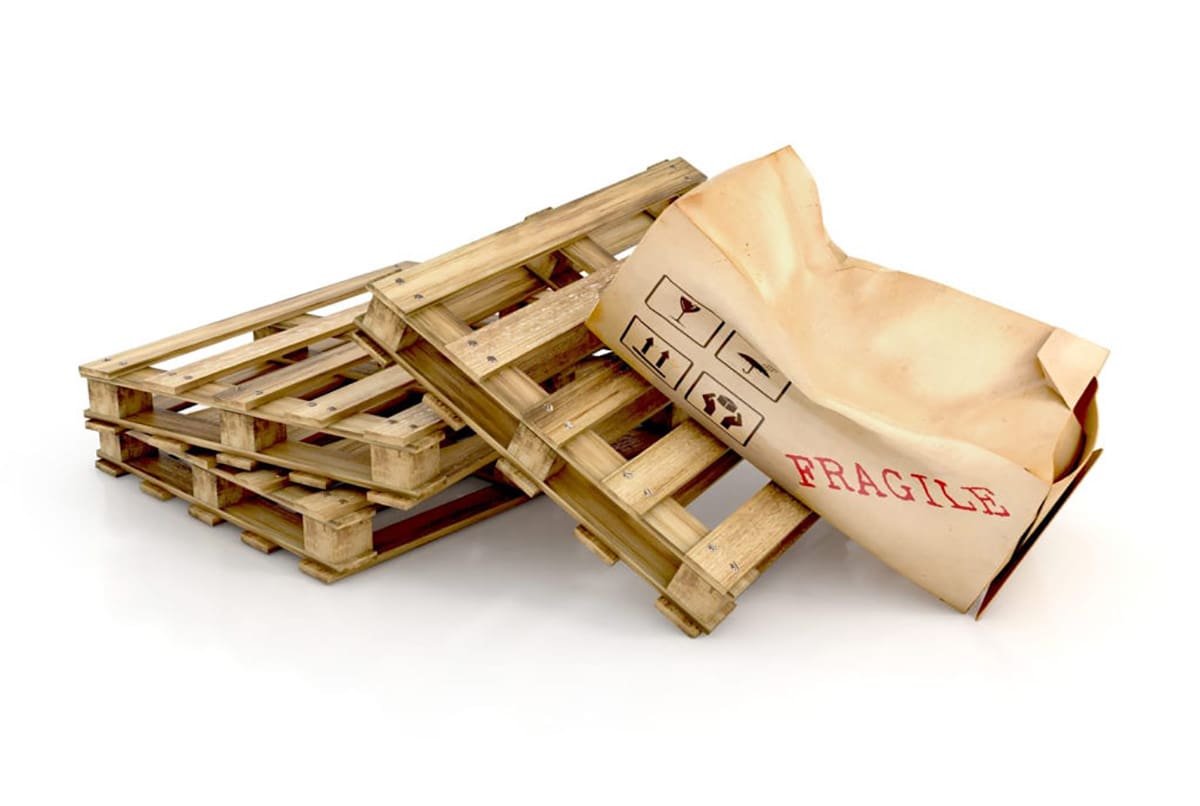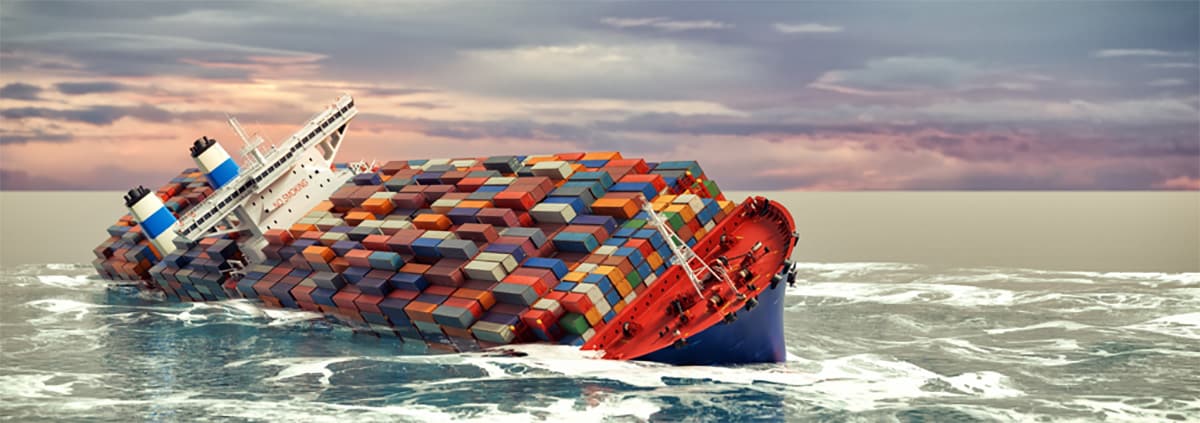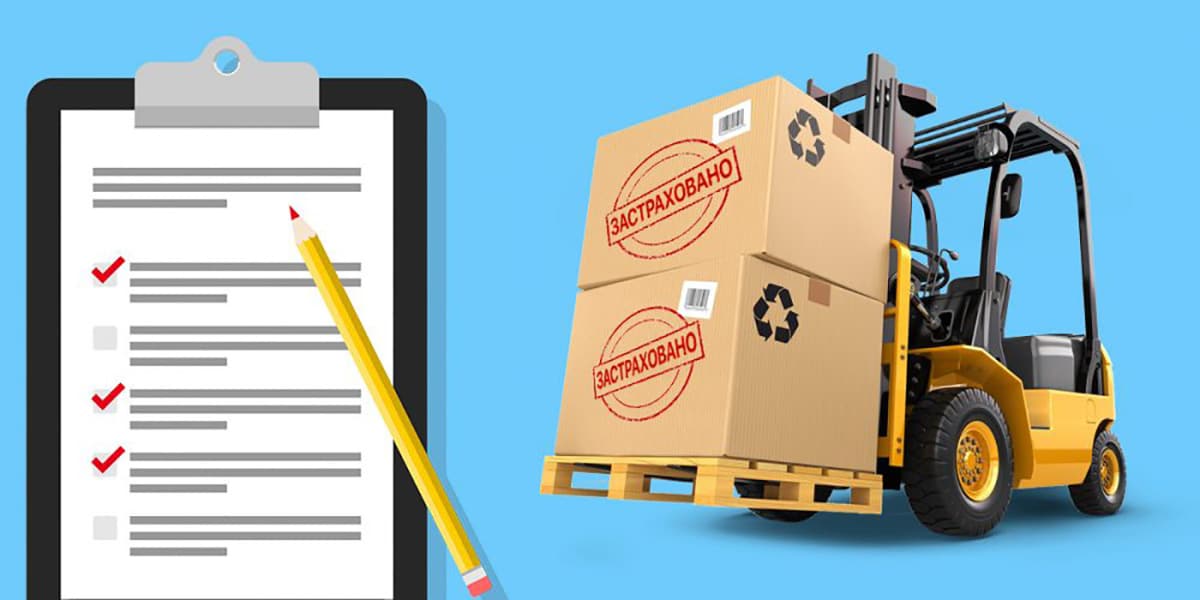
Article content:
Unfortunately, damage to goods during delivery from China to Ukraine is not uncommon. This can happen to any cargo, regardless of its size, weight, or value. In this article, we will discuss what to do if you receive damaged goods and how to obtain compensation from the logistics company.
First of all, you need to determine who is responsible for the damage to the goods. This could be:
To determine the responsible party, it is important to study the terms of the transportation contract. It should clearly specify provisions regarding liability for damage to the goods.
Transportation of products always carries the risk of losing their marketable appearance. Let's consider the most common causes of goods damage during transportation.

Force majeure circumstances may be the reasons for the damage to the goods.
Loss of product quality during transportation causes significant financial losses for the cargo owner. Therefore, it is important to carefully choose a carrier, properly pack the goods, and insure them in case of force majeure circumstances.
If you have received damaged goods, it is important to record the violation of integrity as soon as possible. To do this, draw up an act of defects of the goods with the participation of representatives of the logistics company. Describe the nature of the damage in it and take detailed photographs of the packaging deformation and the goods themselves. Take photos from different angles.
Keep all documents related to transportation and damage to the goods:
It is important to have all the necessary documents to confirm the fact of damage, determine the cause, and obtain compensation.
The next step is to submit a claim to the logistics company. In it, describe in detail how and under what circumstances the goods were damaged, and attach a reference to the act of damage and photographs.
Formulate your demand for compensation for damages. Clearly state the amount you want to receive. Submit the claim for consideration in a timely manner. Usually, it needs to be submitted within 14 days from the moment of receiving the goods.
In our podcast "Let's Talk," we discuss what to do with damaged goods, provide practical advice and recommendations:
Returning goods with damaged packaging is a common question from customers. The issue is, how can one determine at which stage the goods were damaged? This will be subject to investigation by the insurance company. And there are two options here:
Each insurance case is individual, so it’s important to specify all conditions, risks, and compensations in contracts with suppliers and companies handling international logistics services.
To minimize the risk of damage to goods during transportation, it is recommended to:

Insurance is your protection against risks associated with transporting goods.
Obtaining compensation for damaged goods is a process that requires knowledge of your rights and a course of action. Follow these tips, and you will increase your chances of successfully resolving the issue.
DiFFreight is your reliable partner in logistics. We provide only professional and prompt organization of international cargo transportation. We know all the nuances of working with China and are ready to assist you with ordering and delivering any goods via sea or air freight deliveries.
If the goods arrive damaged, we will help you file a claim with the insurance company so you receive a fair compensation. The customs broker service includes document preparation and proper insurance.